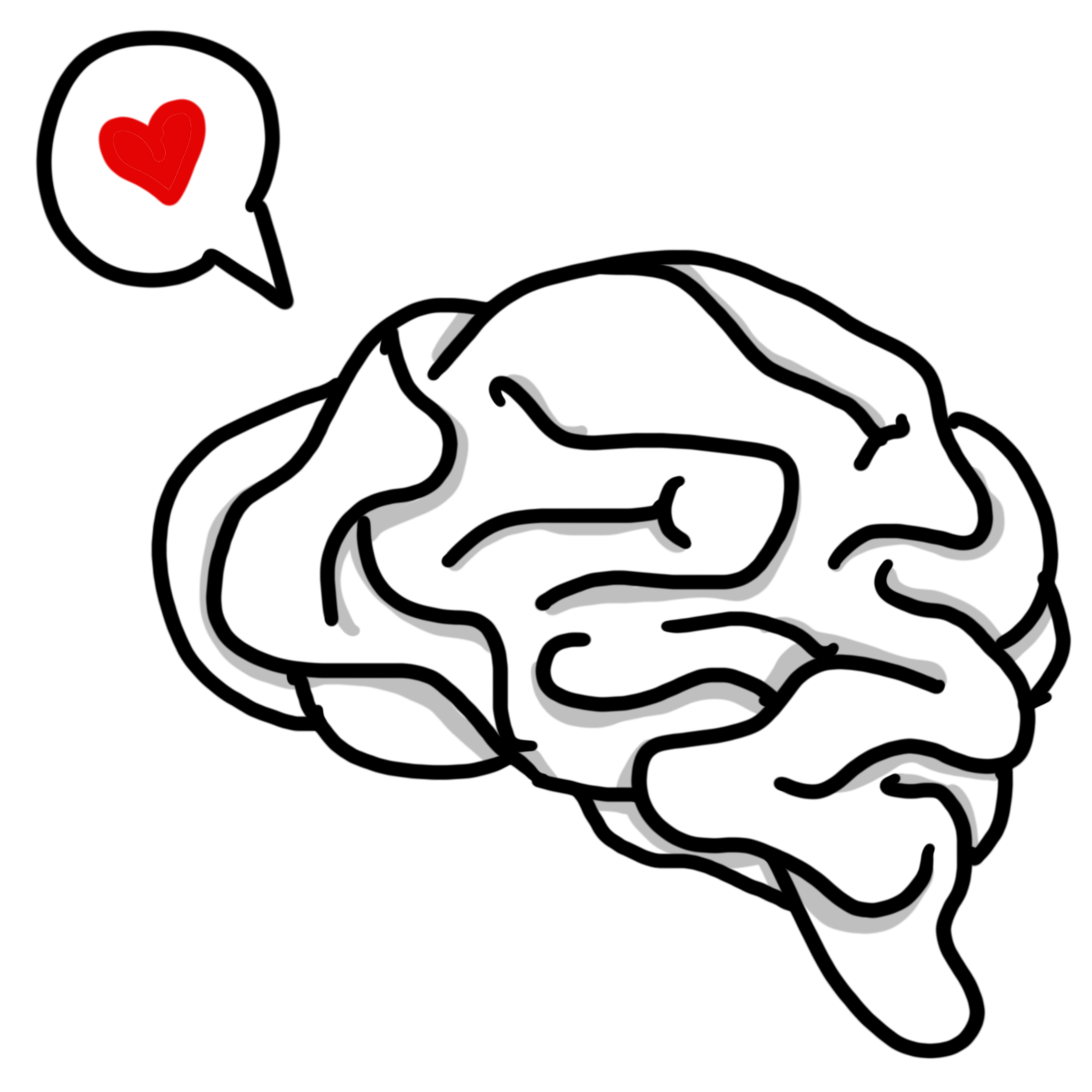Paying Attention to Cues
One of our foundational strategies for helping children and teens build self care skills is simply through boosting self awareness. Children need to know what bring them joy and what brings them feelings of overwhelm. Digging a bit deeper can help your child discover cues that the ADHD and anxious brain sometimes ignore. Things like not waiting until you are dehydrated to drink water, or not waiting until you are starving to eat, or even recognizing that too much sugar makes your emotions go wild. When your brain is highly distractible or is worried it may not be tuning into the day to day cues that inform us how to take care of ourselves. This is why self awareness is critical to self care. No one can take care of themselves if they have no sense of what their brain is failing to pick up on!
So what to do about it? Help your child figure out one easy way they can be kinder to their brain and body. Be sure that they understand their brain may not be picking up on physical cues so that is why they may need some tricks to make changes. For example, if your child isn’t drinking enough water you may want to get a watch with an alarm that vibrates and whenever it goes off during the day they need to be sure they have had some water. If your child has a hard time falling asleep at night they might like listening to an evening sleep meditation. If you know your child has meltdowns when they have too much sugar and they refuse to believe it is true, try tracking intake and behavior for a week.
Everyone’s brain responds to facts and tracking provides evidenced based facts.
Starting with the basics is a great way to help your child see the benefits of understanding how their brain works so they can better take care of themselves. This basic process can help the brain develop lifelong strategies for feeling good.








